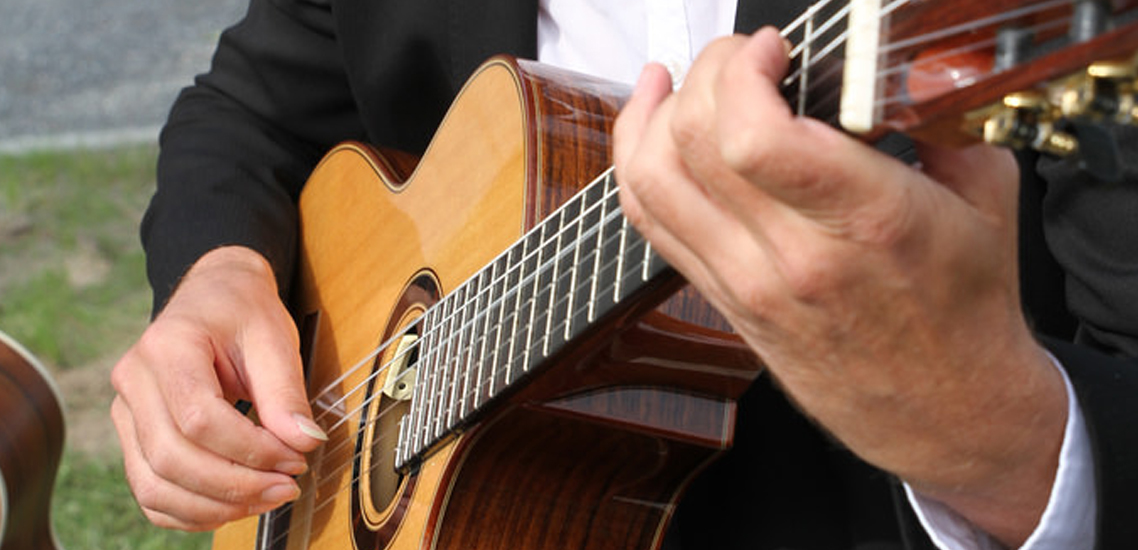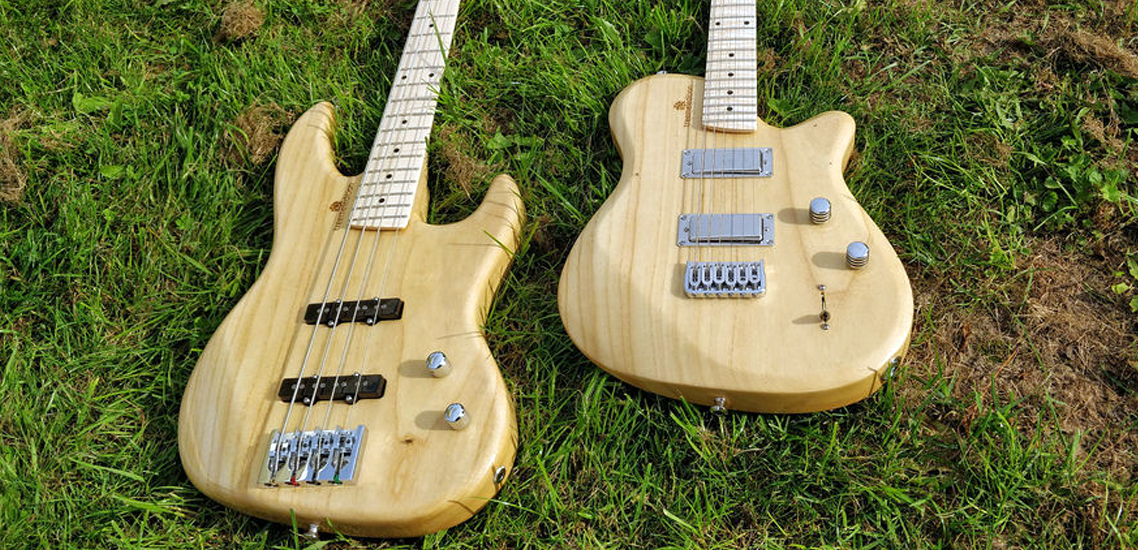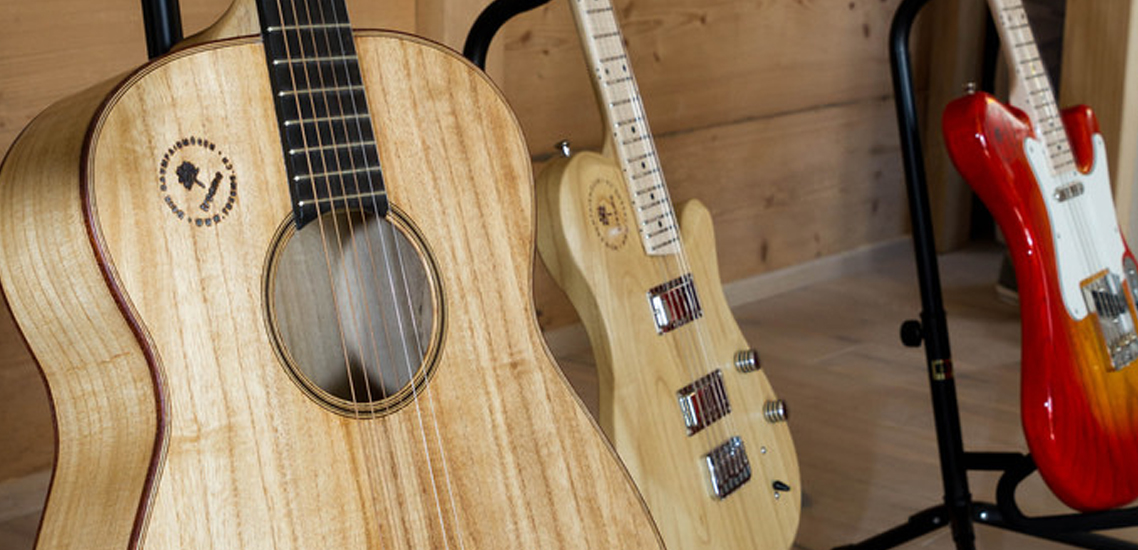an opportunity for the wood from treeme
"CITES" is a word that makes people mad in the music industry. If somebody has in their luggage a cello that had been made of rosewood, they must reckon that at a border crossing they must provide a corresponding certificate that proves that it had not been made of wood this is on the list of the current treaty on endangered species. There are very good alternatives to the protected tropical woods and this type of wood has been used to make musical instruments for hundreds of years now.
Anyone who travels with their instrument needs to look out!
"CITES" is making the music world uneasy. What is behind it is the Washington treaty on endangered species. This worldwide treaty to preserve 35,000 types of animals and plants was made stricter at the beginning of 2017. This also applies to typical instrument woods such as rosewood, bubinga and kosso, which up to now have been the indispensable basis for the construction of various musical instruments.

Even someone who calls a 1963 Stratocaster his own can still have problems at the border if he does not have valid papers at the border. Dealers are required to document each instrument individually. This also makes sense. Interpol estimates that between 15 and 30% of all types of wood that are traded comes from trees that had been felled illegally. Alternatives to traditional tone woods are being sought to meet the worldwide demand.
The wood of the paulownia has already been used for a wide variety of musical instruments for centuries now. The Chinese have had good experiences with this tree, however, the treeme wood is almost unknown in Europe. It is light (300 kg per cubic metre as opposed to oak that weighs in at 540 kg per cubic metre.) and retains its shape. The tone quality is excellent, and the low weight is optimal for instruments such as guitars, in the last resort, each gram that has to be held up on stage for hours on end counts. Without branches and with an excellent texture, this wood is predestined to substitute for illegally felled rosewood. However, there are very few instrument makers who can use this wood, because the market for wood of suitable quality is currently very straightforward

At the moment, high-quality paulownia wood is imported from the PRC. But soon the demand can be met from native-grown paulownia wood. Currently young treeme trees, among others, are growing in Brandenburg and in Baden Württemberg for this area of application. Since they only require 12 to 14 years until they are ready for felling, the demand in the market in the tone wood sector can then be met with European paulownia wood from treeme.
In the meantime it is a question of taking care, because it can happen at a border, depending on the customs official that you encounter, that in the worst case an instrument that was demonstrably made from types of wood that are on the list of protected species can be destroyed. In the meantime, word has got around among musicians who often cross international borders to have their instruments certified. For example, every year hundreds of instruments from everybody from the Scorpions to Peter Maffay are scrutinized closely under the microscope and are given a corresponding instrument pass at the Am Thünen-Institut in Hamburg. Also, a public appearance at a concert with a "rosewood instrument" is not without its problems.
But fear not, for the moment nothing at all has changed for musicians for the time being, even if they possess an instrument that had been made from the listed protected types of high-quality wood. The private and public use of the instrument, be it drums, violin, flute or guitar, does not (yet) come under the more stringent stipulations of CIRTES. It is not illegal as long as it does not involve advertising or sales events for an instrument. In the last resort, however, rosewood will disappear completely from instrument making - the alternative is growing right now. The following types of wood are on the "blacklist": https://www.bfn.de/fileadmin/BfN/cites/Dokumente/Barrierefrei-holzliste-5.pdf



